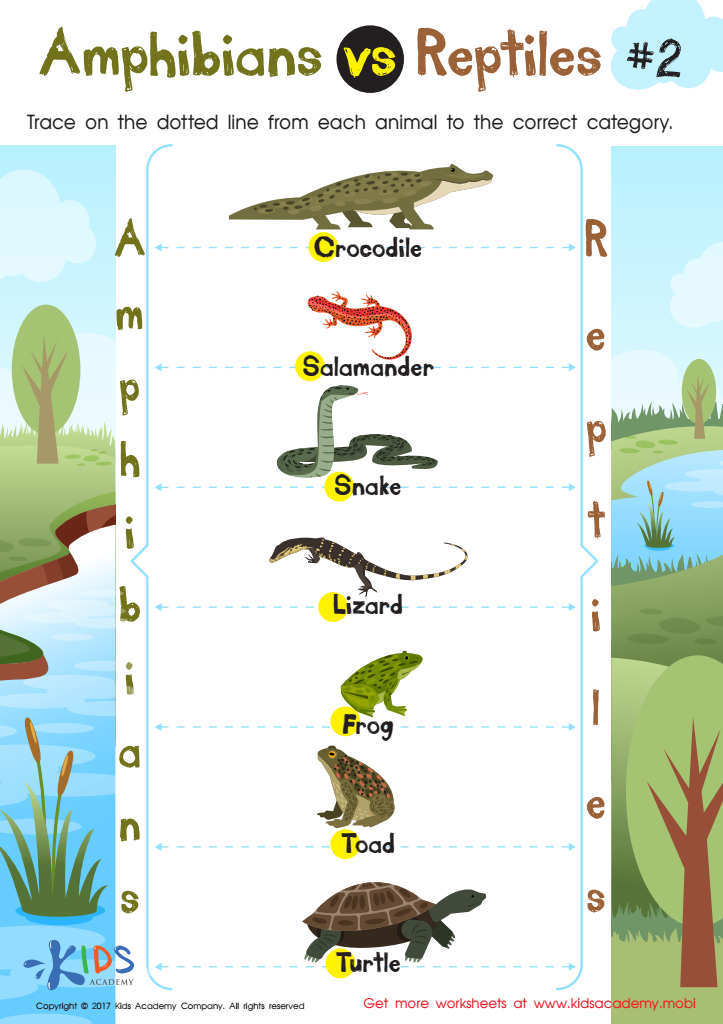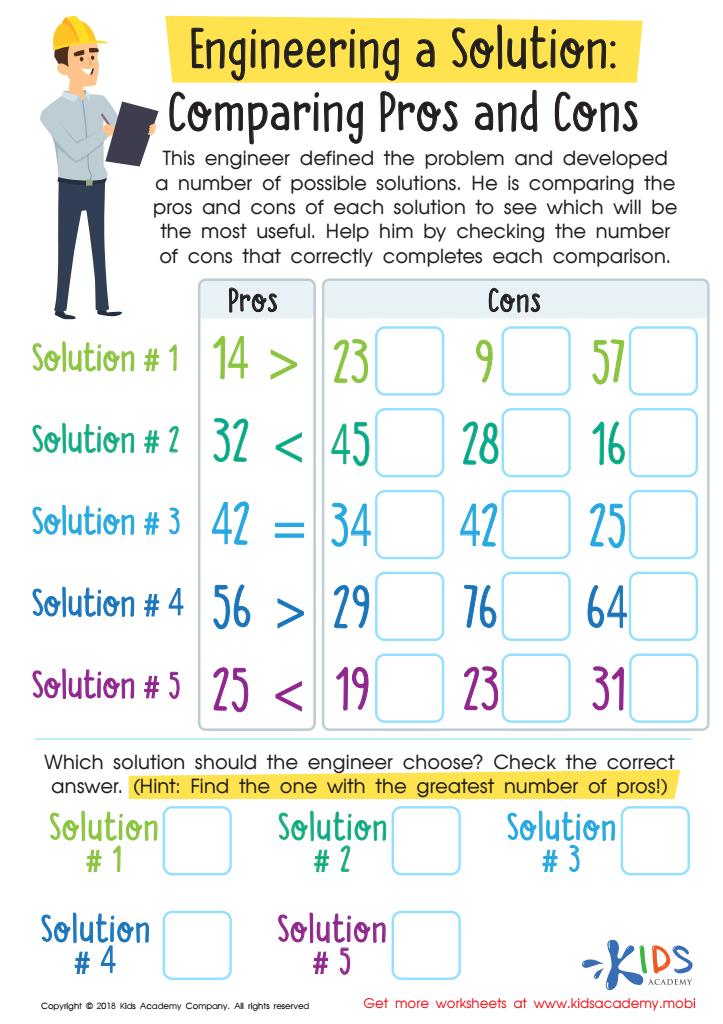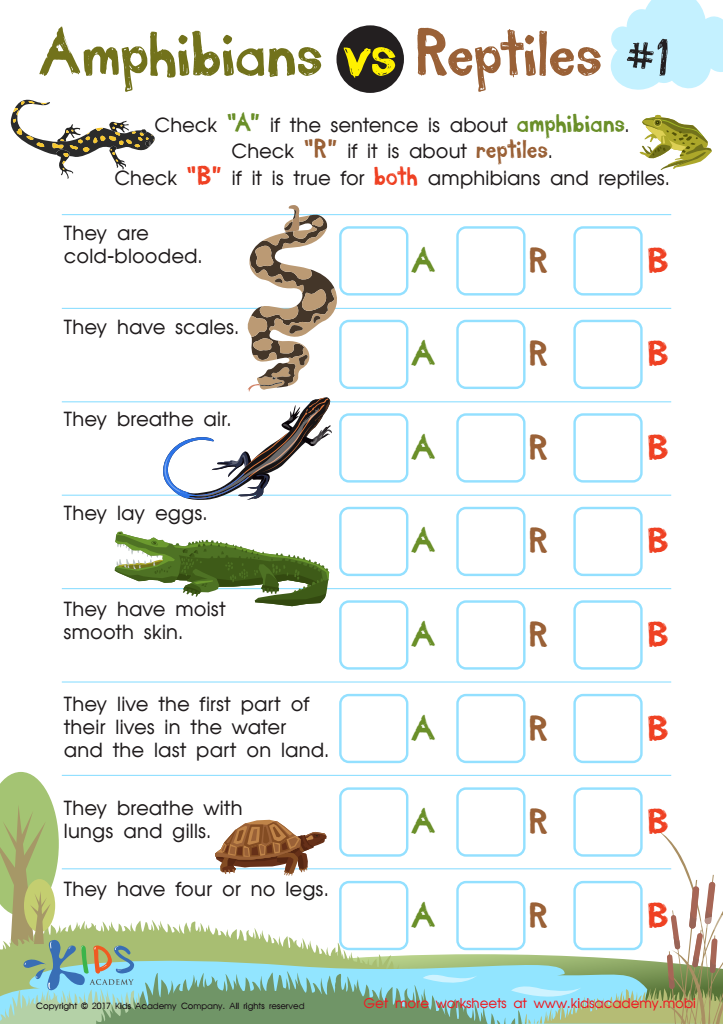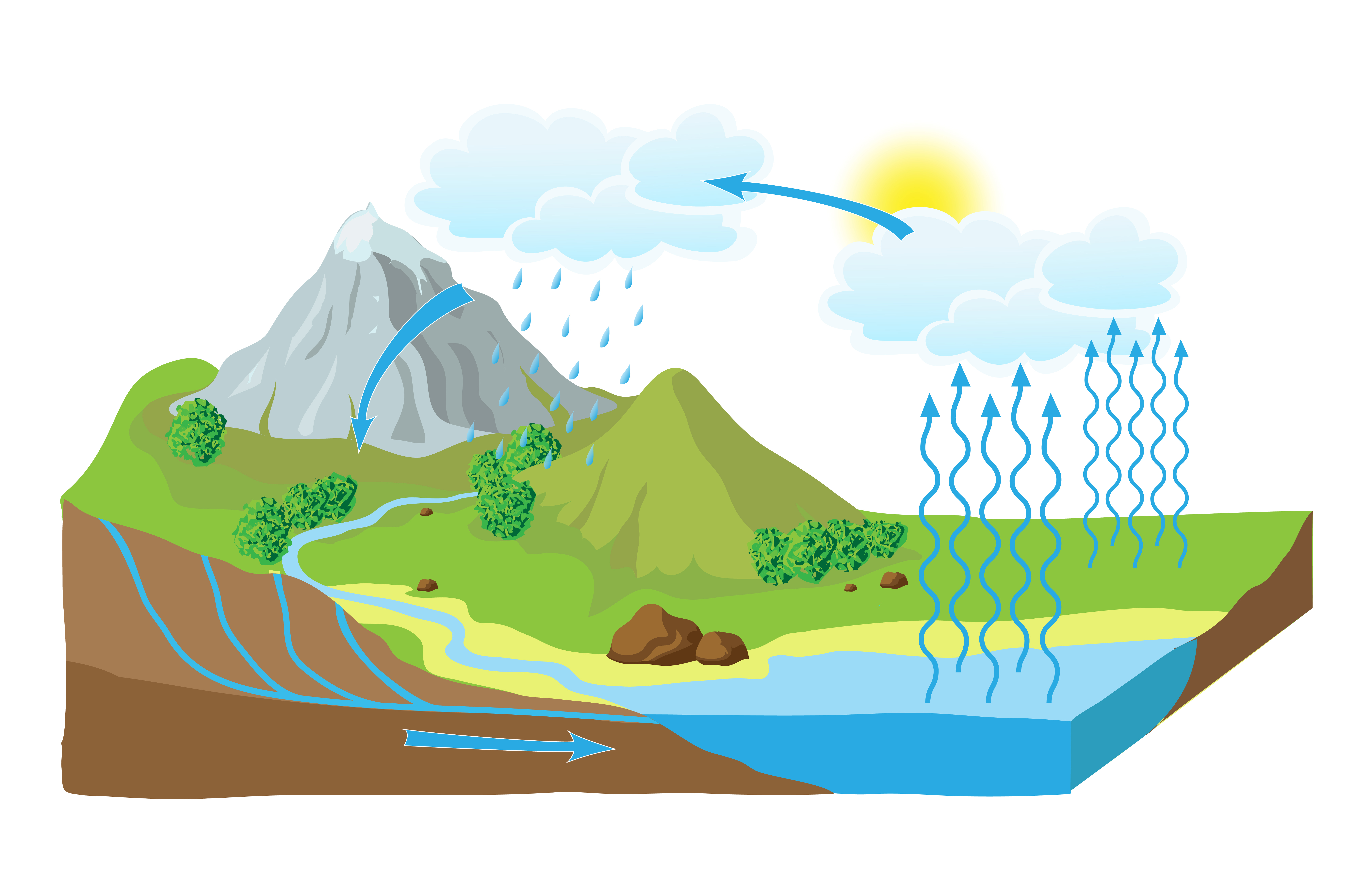Comparative analysis Science Worksheets for Ages 5-8
3 filtered results
-
From - To
Discover engaging Comparative Analysis Science Worksheets tailored for children ages 5 to 8! Designed to enhance critical thinking and observational skills, these worksheets introduce young learners to the exciting world of science through hands-on activities. Kids will explore comparisons between animals, plants, and natural phenomena, enabling them to develop strong analytical skills while having fun. Each worksheet is crafted to align with learning standards, providing a structured approach to scientific inquiry. Perfect for classroom use or at-home learning, these resources encourage curiosity and facilitate meaningful learning experiences. Get started today and watch your students excel in understanding their natural environment!


Amphibians vs Reptiles Worksheet for 3rd Grade


Engineering a Solution: Comparing Pros and Cons Worksheet


Amphibians vs Reptiles Worksheet
Comparative analysis in science for children ages 5-8 is a vital educational tool that lays the foundation for critical thinking and analytical skills. At this developmental stage, children are naturally curious about the world around them. Engaging them in comparative analysis encourages exploration and fosters inquiry-based learning, which is essential for scientific literacy.
By comparing and contrasting different objects, animals, plants, or phenomena, young learners develop observational skills that help them recognize patterns and relationships, foundational skills in all scientific disciplines. This method not only enhances their understanding of basic scientific concepts but also promotes cognitive skills, as they learn to categorize information and draw conclusions.
Additionally, involving parents and teachers in comparative analysis activities nurtures a collaborative learning environment. It allows for shared experiences that can solidify a child's understanding and promotes discussions that deepen knowledge. Moreover, it instills a love of learning and cultivates a mindset for lifelong inquiry.
In essence, focusing on comparative analysis in science education empowers children with essential thinking skills, enhances their ability to engage with and understand the world, and prepares them to tackle more complex scientific concepts in the future. This is crucial for their academic success and overall development.
 Assign to My Students
Assign to My Students















